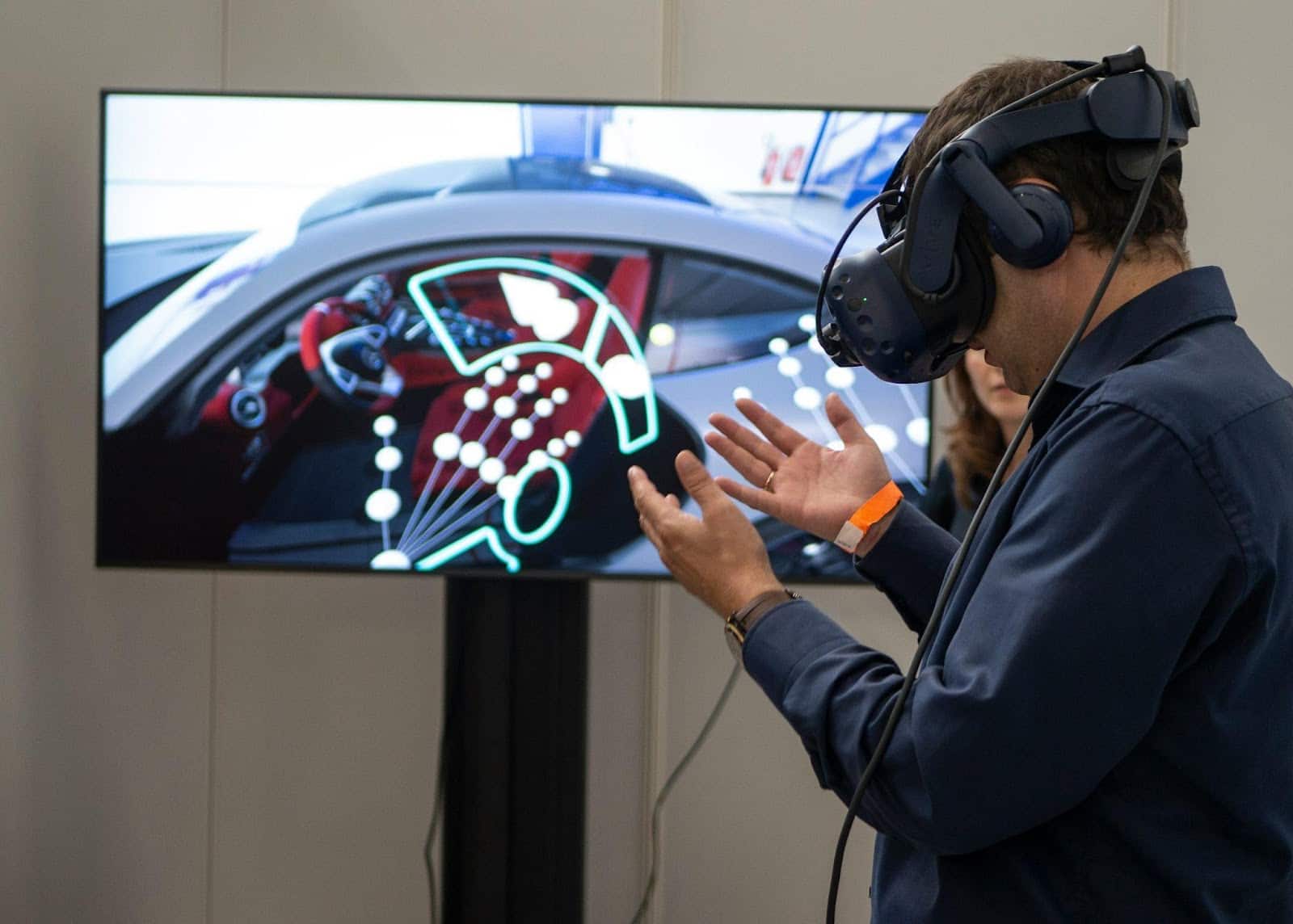The entertainment industry is evolving faster than at any point in its history. Audiences no longer engage with content in passive, linear ways, they navigate vast online ecosystems that include streaming services, gaming platforms, creator economies, digital collectibles, and review networks such as 娛樂城評論網, which many consumers now consult when exploring digital leisure options. As technology expands these ecosystems, traditional business models are being rewritten in real time, forcing entertainment companies to adapt or risk falling behind.
From AI-driven personalization to blockchain-enabled ownership, emerging tech platforms are redefining how companies produce, distribute, monetize, and sustain content. The shift is not subtle, it is structural.
The Rise of AI-Driven Experiences
Artificial intelligence has become one of the strongest drivers of change across the entertainment landscape. Recommendation engines, automated editing tools, and predictive analytics now shape how users discover and interact with content.
Streaming platforms, for example, rely heavily on machine-learning models to predict what viewers want to watch next, increasing engagement and reducing churn. Music services use similar tools to generate personalized playlists, keeping users within their ecosystems longer.
AI is also transforming content creation itself. Automated video editing, generative sound design, synthetic voices, and AI-powered design tools allow creators and studios to produce high-quality content at a fraction of the traditional cost. Instead of replacing human creativity, these tools enhance it, speeding up workflows and enabling smaller teams to produce at scale.
These efficiencies are redefining business models by shifting revenue toward personalization, rapid production, and subscription retention rather than one-time purchases.
Blockchain and Digital Ownership: A New Economic Layer
Blockchain technology has introduced entirely new revenue models for digital entertainment. Instead of consuming content solely through centralized services, users now explore decentralized formats such as:
- tokenized collectibles
- digital trading cards
- NFT-based access passes
- blockchain-verified event tickets
- decentralized gaming assets
This shift creates new ownership-based economies where users truly possess digital assets rather than merely licensing them. Entertainment companies leverage this through limited-edition releases, loyalty tokens, or fan membership programs.
Smart contracts automate royalty distribution, enabling creators to earn ongoing revenue from secondary sales, something impossible under traditional media frameworks.
This new economic layer encourages fan investment by turning passive consumption into active participation.
Cloud Gaming and the Future of Interactive Entertainment
Just as streaming transformed film and television, cloud gaming is reshaping the gaming industry. Instead of relying on consoles or high-end PCs, players can stream games directly through cloud infrastructure.
This shift has several major implications for business models:
- Lower hardware barriers → expanding global audiences
- Subscription-based revenue → replacing single game purchases
- Instant access → reducing friction and increasing engagement
- Cross-device continuity → allowing play anywhere, anytime
For developers, cloud gaming provides a platform where updates are centralized, piracy is reduced, and analytics are more accessible.
The result is an industry shifting from unit-sales economics to service-based ecosystems, mirroring the transformation seen in film and music.
Creator Economies and the Power Shift to Individuals
Another major transformation comes from the rise of creator-driven revenue models. Platforms such as YouTube, TikTok, Patreon, Twitch, and Substack have empowered individuals to become full-scale entertainment brands.
Traditional entertainment relied on large studios, but now:
- creators build direct relationships with audiences
- revenue comes from ads, subscriptions, sponsorships, and merchandise
- analytics allow creators to tailor content instantly
- niche communities become monetizable markets
Brands increasingly partner with creators instead of large media houses because the engagement is deeper and the targeting more precise.
This shift decentralizes entertainment production, redistributing revenue away from traditional gatekeepers.
Review Platforms and Digital Trust Gateways
Modern entertainment choices are driven heavily by digital trust signals: ratings, reviews, and user-generated feedback. Before engaging with a new platform, game, or service, users often consult review networks, whether for movies, apps, streaming services, or online entertainment portals.
These trust gateways influence:
- platform credibility
- user acquisition
- retention rates
- perception of fairness
- satisfaction levels
Entertainment companies must now manage their reputations in real time. Transparency, customer support quality, and consistent user experience all directly affect revenue. In this environment, audience trust becomes one of the most valuable assets a company can cultivate.
Immersive Media: AR, VR, and Mixed Reality

AR and VR technologies are moving entertainment toward immersive, environment-based experiences. Once considered niche, these technologies are now used in:
- virtual concerts
- immersive storytelling environments
- interactive advertising
- experiential gaming
- remote tourism
- hybrid live–digital events
Instead of watching a performance, users participate in it. Instead of exploring a game world through a screen, they inhabit it.
Companies adopting immersive tech benefit from:
- premium pricing models
- deeper engagement time
- new forms of sponsorship
- cross-platform merchandise sales
- data-rich interaction layers
This creates revenue opportunities that do not exist in traditional formats.
Data as the New Engine of Entertainment Economics
As entertainment becomes more digital, data becomes the central pillar of monetization. User behavior, preferences, engagement duration, viewing habits, and interaction patterns all inform how platforms optimize their offerings.
Data influences:
- pricing models
- ad targeting
- content production strategies
- user experience design
- platform personalization
- retention strategies
Companies that treat data as a strategic asset outperform those that operate without deep analytical insight.
In this new landscape, data is not just information, it is leverage.
The Convergence: Entertainment as a Platform Ecosystem
What ties all these emerging technologies together is the shift from content as a product to content as an ecosystem.
Entertainment companies no longer succeed by offering a single experience. They thrive by creating multi-layered platforms where users can:
- subscribe
- interact
- purchase
- participate
- share
- create
- personalize
Revenue becomes diversified, recurring, and scalable.
Those who fail to adopt this ecosystem mindset risk losing relevance as audiences migrate toward platforms that offer richer, more flexible digital experiences.
The entertainment industry is undergoing a profound transformation driven by emerging technologies. AI, blockchain, cloud gaming, immersive media, and creator platforms are redefining how content is created, distributed, and monetized. Review networks are influencing consumer trust, while data-driven strategies are shaping long-term business growth.
Companies that adapt to these technological shifts will not only remain competitive, they will set the foundation for the next era of global entertainment. Those who resist will find themselves outpaced by more agile, tech-forward players who understand that entertainment today is not simply about content, but about creating frictionless, engaging, and deeply personalized digital experiences.
